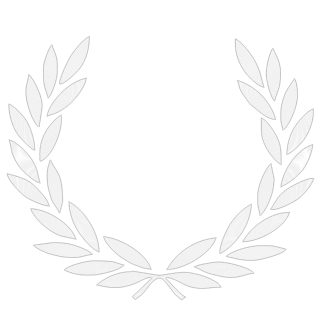| Comment: |
Epharmostos is the subject of Pindar's 9th Olympian Ode, and incidentally his Olympic victory is dated to 468 B.C. by P.Oxy II 222 col. 1 line 37 to 468 B.C., discipline: pale. This is for Farrington (2012), no. 1.35 and p. 112 note 242 central in his dating, which I have followed.
The ode mentions several victories, but some very implicit. An Olympic victory is alluded to in ll. 1-10; a Pythian one in ll. 11-2, 16-8 (about which Farrington says that the scholiast dates this victory to 466 B.C., i.e. after the Olympic victory, which might mean there were more than one Pythian victory); an Isthmian victory in ll. 83-5.
In ll. 86-100 more victories are mentioned, it is a matter of interpretation what is meant: 'two other victories at the gates of Corinth' (two more Isthmian victories, or, as Farrington asserts and we follow, the Helloteia?); 'others also at Nemea ...; ... at Argos he won' (two separate victories?); 'as a pais in Athens'; 'as an ageneios at Marathon'; 'among the Parrhasian host at the festival of Lycaean Zeus'; 'at Pellana'; 'witness to his successes are Iolaus' tomb and Eleusis by the sea'. Generally discipline and age category are left implicit. - PK
|
